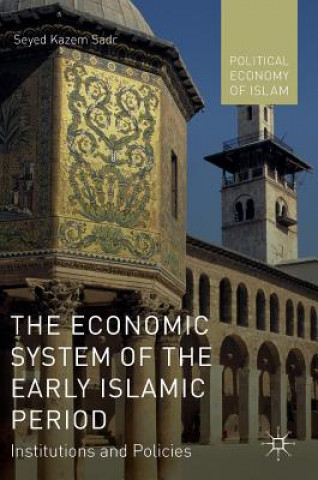
Kód: 02936499
Economic System of the Early Islamic Period
Autor Seyed Kazem Sadr
This book provides an economic analysis of the earliest Islamic society, focusing on the policies of the Messenger of Islam ( Sawa ) and his successors during the first four formative decades of Islam. Two institutions of great im ... celý popis
- Jazyk:
 Angličtina
Angličtina - Väzba: Pevná
- Počet strán: 311
Nakladateľ: Palgrave Macmillan, 2016
- Viac informácií o knihe

142.83 €

Skladom u dodávateľa v malom množstve
Odosielame za 13 - 16 dní
Potrebujete viac kusov?Ak máte záujem o viac kusov, preverte, prosím, najprv dostupnosť titulu na našej zákazníckej podpore.
Pridať medzi želanie
Mohlo by sa vám tiež páčiť
-

Beslan
11.69 € -18 % -

Death and Desire in Hegel, Heidegger and Deleuze
159.17 € -

Crackle And Fizz: Essential Communication And Pitching Skills For Scientists
26.02 € -
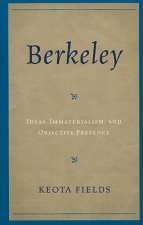
Berkeley
145.66 € -

In the Ranks of the C.I.V
49.82 € -

Punch Bowls and Pitcher Drinks
12.80 € -20 % -

Royal Tourism
179.65 €
Darčekový poukaz: Radosť zaručená
- Darujte poukaz v ľubovoľnej hodnote, a my sa postaráme o zvyšok.
- Poukaz sa vzťahuje na všetky produkty v našej ponuke.
- Elektronický poukaz si vytlačíte z e-mailu a môžete ho ihneď darovať.
- Platnosť poukazu je 12 mesiacov od dátumu vystavenia.
Viac informácií o knihe Economic System of the Early Islamic Period
Nákupom získate 358 bodov
 Anotácia knihy
Anotácia knihy
This book provides an economic analysis of the earliest Islamic society, focusing on the policies of the Messenger of Islam ( Sawa ) and his successors during the first four formative decades of Islam. Two institutions of great importance - the market and the public treasury ( Baitul Mal ) - and their roles in the development of the private and public sectors are particularly emphasized in this study. The first part of the book is devoted to the economic and cultural dimensions of life in the Arabian Peninsula during the pre-Islamic period, including an analysis of trade and financial relationships with the Roman and Persian economies; the challenges faced by the Messenger's mission and the economic policies of the Messenger after the migration to Madinah are also examined in detail. The author then moves on to a devoted analysis of the nature and functions of the public treasury, its revenues and expenditures, as well as financial and fiscal policies. Also examined is the role of the public sector in maintaining equilibrium in the financial and real sectors, as well as in promoting economic growth and employment. Analysis of the institution of the market, its characteristics, and its functions during the earliest Islamic period constitutes the third section of the book. The behaviors of consumers, producers, and investors in an economy without an interest rate mechanism are also addressed here. The final section investigates the fundamental objective of Islam for human societies - that is, justice - within the context of discussions in earlier parts of the book. The author uses historical economic data, facts, and evidences that are reported from the period, both prior to and after the establishment of the Islamic State, to explore the economic relations, policies, and models that were in practice and applied at that time. §
 Parametre knihy
Parametre knihy
Zaradenie knihy Books in English Humanities History Regional & national history
142.83 €
- Celý názov: Economic System of the Early Islamic Period
- Podnázov: Institutions and Policies
- Autor: Seyed Kazem Sadr
- Jazyk:
 Angličtina
Angličtina - Väzba: Pevná
- Počet strán: 311
- EAN: 9781137517494
- ISBN: 1137517492
- ID: 02936499
- Nakladateľ: Palgrave Macmillan
- Hmotnosť: 558 g
- Rozmery: 158 × 218 × 23 mm
- Dátum vydania: 24. May 2016
Obľúbené z iného súdka
-

Strange Death of Europe
15.22 € -22 % -

The Fourth Turning
20.57 € -6 % -

Beyond Band of Brothers
15.22 € -28 % -

Secret History
11.29 € -28 % -

Diana: Her True Story - In Her Own Words
10.99 € -25 % -
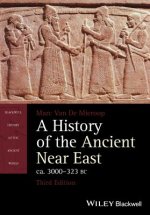
History of the Ancient Near East ca. 3000 - 323 BC 3e
55.57 € -

Where I Was From
10.28 € -28 % -

City of Fortune
14.31 € -22 % -

Short History of England
11.39 € -22 % -
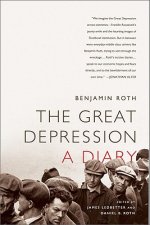
The Great Depression: A Diary
17.85 € -15 % -

Gulag
15.32 € -27 % -
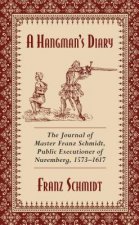
Hangman's Diary
12.10 € -25 % -
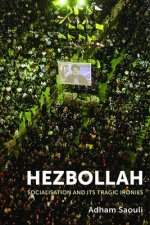
Hezbollah
29.55 € -4 % -

To Hell and Back
16.63 € -22 % -

Sicily
16.53 € -22 % -

Olympic, Titanic, Britannic
28.13 € -19 % -

On China
17.14 € -13 % -

Native American History
20.77 € -13 % -

With the Old Breed
15.63 € -25 % -

Life and Death of Anne Boleyn
22.89 € -4 % -

Venetians in Constantinople
36.41 € -

Penguin History Of Latin America
16.94 € -23 % -

Few
10.58 € -18 % -

Norman Kingdom of Sicily
71.21 € -
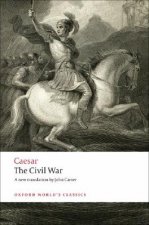
Civil War
11.29 € -28 % -

Century of Palestinian Rejectionism and Jew Hatred
9.37 € -16 % -
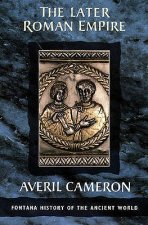
Later Roman Empire
9.47 € -15 % -

Kojiki
29.85 € -4 % -

Kaiser Wilhelm II
27.23 € -11 % -

Seven Pillars of Wisdom
11.39 € -20 % -
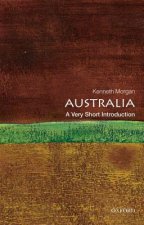
Australia: A Very Short Introduction
9.27 € -28 % -

Regime Politics
37.82 € -

Russia and the Russians
19.36 € -27 % -

How to Write an IB History Essay
21.58 € -

History of Greek Religion
22.38 € -13 % -
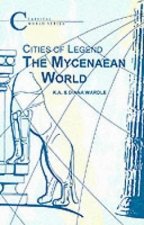
Mycenaean World
34.09 € -
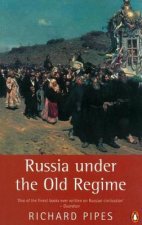
Russia Under the Old Regime
13.31 € -28 % -

French Army 1870-71 Franco-Prussian War (2)
16.63 € -10 % -

Sicily
29.04 € -8 % -

Civilization of Europe in the Renaissance
17.34 € -13 % -

Iran-Iraq War
51.54 € -10 % -

Berlin
12.90 € -22 % -

Hidden War
13.81 € -19 % -

German Order of Battle
22.59 € -
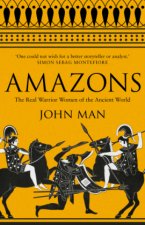
Amazons
12.80 € -18 % -
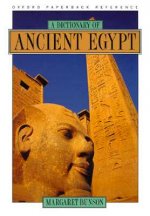
Dictionary of Ancient Egypt
29.55 € -

Marie Antoinette
13.71 € -25 % -
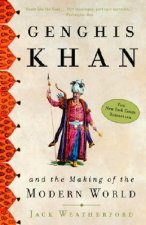
Genghis Khan
19.46 € -7 % -

Ten Myths About Israel
13.51 € -35 %
Collection points Bratislava a 2642 dalších
Copyright ©2008-24 najlacnejsie-knihy.sk All rights reservedPrivacyCookies


 15549 collection points
15549 collection points Delivery 2.99 €
Delivery 2.99 € 02/210 210 99 (8-15.30h)
02/210 210 99 (8-15.30h)